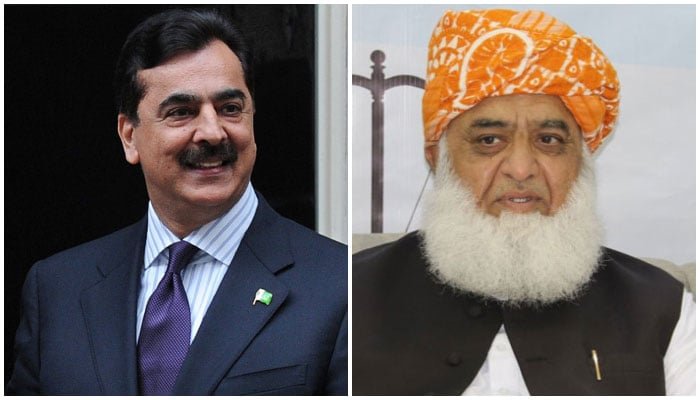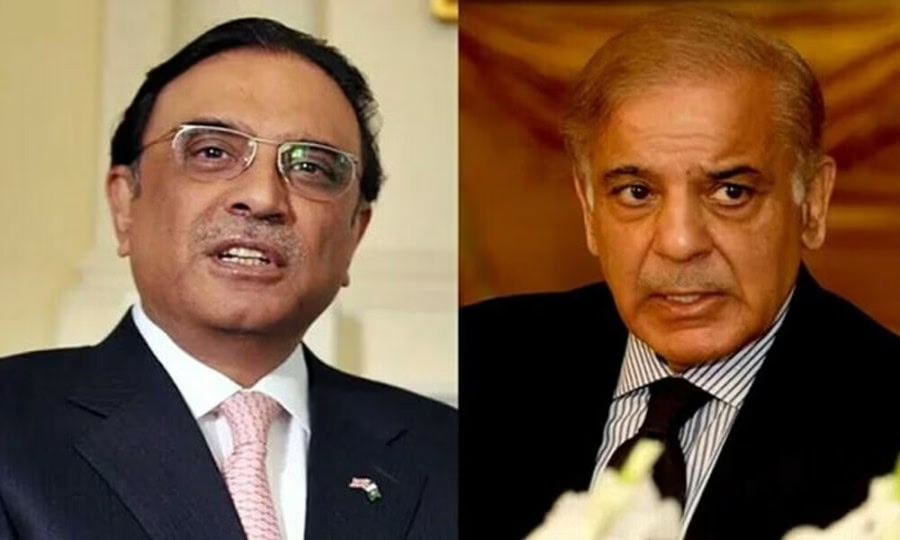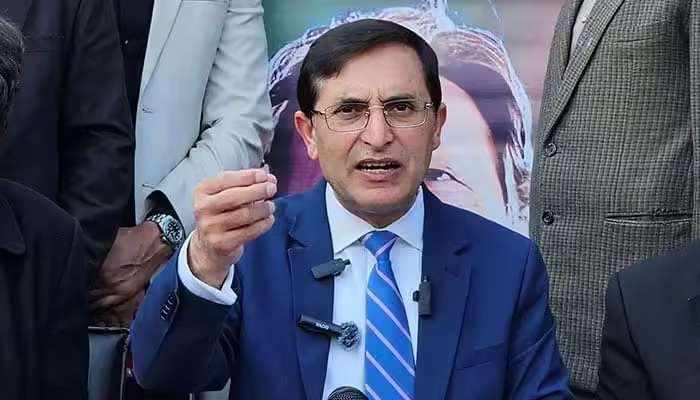The Jamiat Ulema-e-Islam (JUI) has announced its support for Yousaf Raza Gilani, a leader of the Pakistan Peoples Party (PPP), in the upcoming Senate by-elections. The by-elections for six vacant seats in the Senate are scheduled to take place on March 14.
Among the seats up for grabs in the Senate by-elections are those left vacant by Yousaf Raza Gilani, Maulana Ghafoor Hyderi, and Nasar Khoro. Additionally, seats previously held by Jam Mehtab, Prince Ahmed Omar, and Sarfraz Bugti will also undergo by-elections.
The Senate by-elections will be held for one seat in Islamabad, two seats in Sindh, and three seats in Balochistan. Jamiat Ulema-e-Islam members will cast their votes for Yousaf Gilani in the seat from Islamabad during the by-elections on March 14.
Jamiat Ulema-e-Islam’s decision to support Yousaf Raza Gilani underscores the strategic alliances forming within the political landscape of Pakistan. The support from JUI, a prominent religious party in Pakistan, adds weight to Gilani’s candidacy and highlights the importance of coalition-building in Pakistani politics.
Yousaf Raza Gilani, a seasoned politician and former Prime Minister of Pakistan, brings with him a wealth of experience and political acumen. His tenure as Prime Minister, albeit marred by controversies, is remembered for significant political developments and diplomatic initiatives.
The Senate by-elections come at a crucial juncture in Pakistan’s political landscape, with various parties vying for influence and representation in the upper house of parliament. The outcome of these by-elections will not only shape the composition of the Senate but also have broader implications for the political dynamics within Pakistan.
For Yousaf Raza Gilani, securing the support of Jamiat Ulema-e-Islam is a significant boost to his campaign. It reflects his ability to forge alliances across ideological lines and underscores his appeal as a candidate capable of bridging political divides.
In the lead-up to the Senate by-elections, political parties are intensifying their efforts to mobilize support and rally their respective bases. The endorsement from Jamiat Ulema-e-Islam is likely to galvanize Gilani’s supporters and enhance his prospects in the upcoming polls.
As the Senate by-elections draw near, all eyes will be on the outcome and its implications for the future trajectory of Pakistani politics. The alliances formed and the candidates elected will play a crucial role in shaping the legislative agenda and political discourse in the country.
Jamiat Ulema-e-Islam’s decision to support Yousaf Raza Gilani in the Senate by-elections underscores the importance of strategic alliances and coalition-building in Pakistani politics. The outcome of these elections will have far-reaching implications for the political landscape of Pakistan and the functioning of its democratic institutions.



